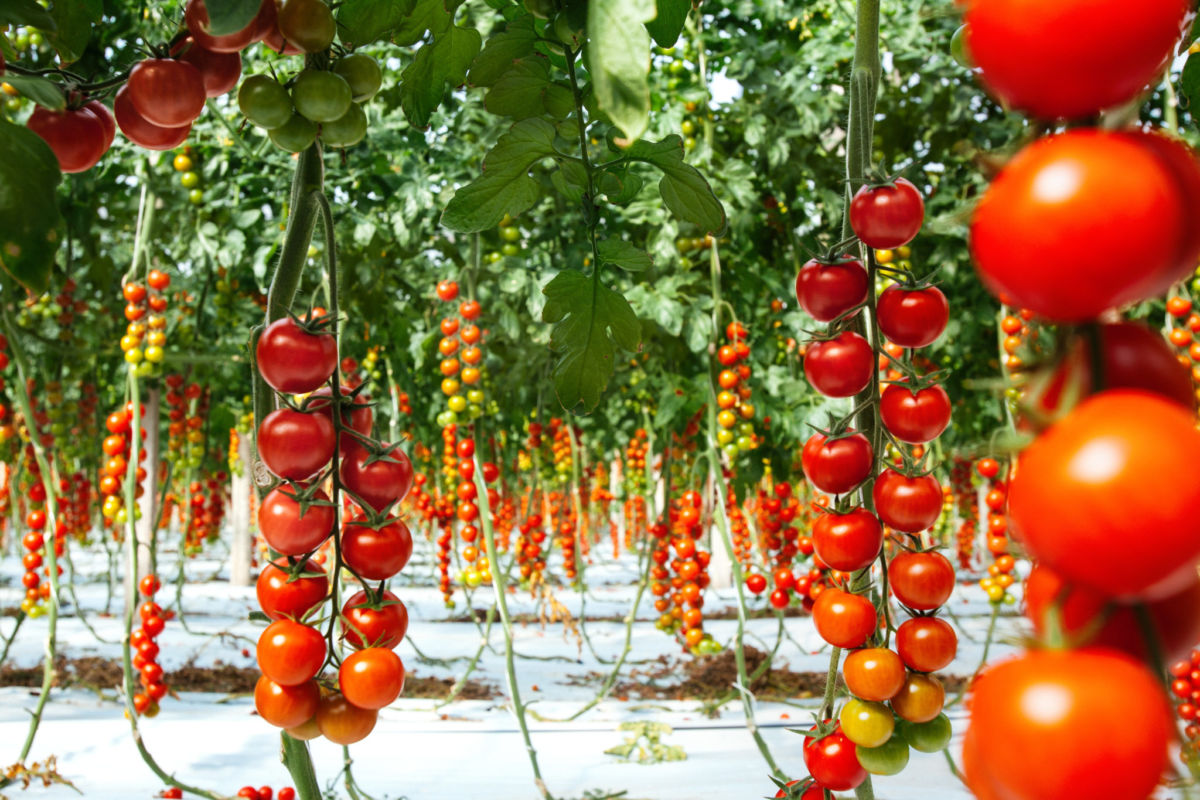
Italy’s 2024 industrial tomatoes processing campaign concluded with 5.3 million tons produced, a 2.5% decrease compared to 2023 and a notable shortfall from initial projections. The drop was particularly sharp in northern Italy, despite a national increase in planting area (+11% year-on-year).
The campaign was marked by extreme weather, drought in the South, and excessive rainfall in the North. These conditions led to frequent factory shutdowns and extended the processing period into early November. The Centre-South processed 2.87 million tons, an increase of 10% over last year, while the North saw a 14% decline, processing just 2.4 million tons.
ITALY IS THE WORLD’S THIRD-LARGEST INDUSTRIAL TOMATOES PROCESSOR
Italy remains the third-largest processor of industrial tomatoes globally, behind China, which saw a 31% increase in production compared to 2023 and a 68% jump from 2022, and the United States, where processing dropped 14% from last year.
According to Anicav, Italy’s National Association of Italian Producers of Vegetable Food Preserves, China’s growth poses a growing challenge for Italy’s tomato industry. While this expansion does not directly impact Italy’s domestic production—it remains the world’s largest exporter of tomato products for direct consumer use—Anicav warns that increased exports from countries with lower environmental and social standards could disrupt internal market dynamics, damaging workers, consumers, and the environment.
ANICAV CALLS FOR EU-WIDE SUSTAINABILITY STANDARDS
Anicav advocates for EU-wide measures to introduce the principle of reciprocity, ensuring that all countries adhere to the same sustainability standards. The association also calls for extending Italy’s domestic regulations to the EU, requiring that tomato paste be made exclusively from fresh tomatoes and mandating clear labeling on production methods and, where possible, the cultivation region.
